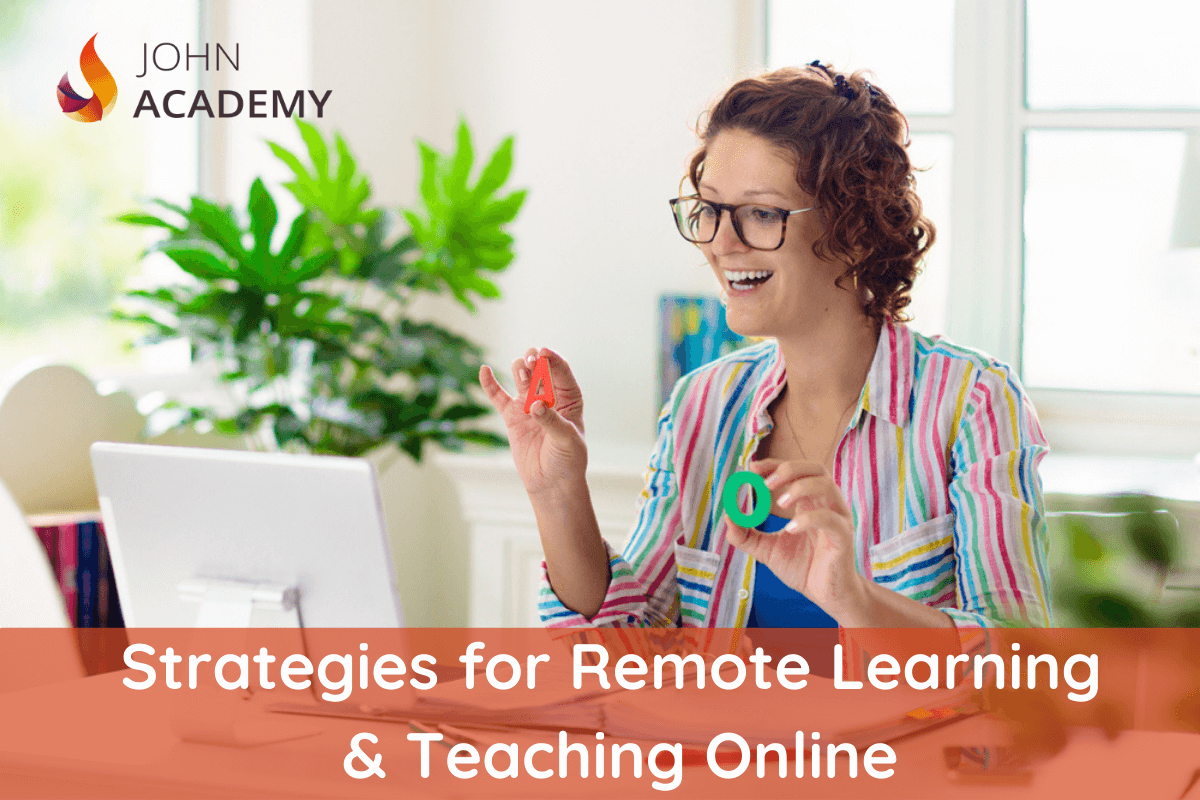
Mastering Remote Learning: Effective Strategies for Success
The shift to remote learning has become a significant aspect of modern education, bringing both opportunities and challenges. This article explores essential strategies to ensure success in remote learning, providing insights into creating a productive and engaging virtual learning experience.
Creating a Dedicated Learning Space
Establishing a dedicated learning space is crucial for remote learning success. Whether it’s a separate room or a designated corner, having a quiet and organized space helps students focus on their studies. Minimizing distractions and creating a conducive environment fosters a more effective learning experience.
Embracing Technology Tools for Communication
Effective communication is key in remote learning. Embracing technology tools such as video conferencing platforms, messaging apps, and collaborative software enhances communication between students and educators. These tools bridge the physical gap, allowing for real-time interaction and fostering a sense of connection in the virtual classroom.
Setting Clear Goals and Expectations
Setting clear goals and expectations is vital for remote learners. Educators should communicate learning objectives, assignment expectations, and assessment criteria clearly. Clear guidelines empower students to navigate their coursework independently and take ownership of their learning journey.
Promoting Active Engagement and Participation
Remote learning success relies on active engagement. Encouraging student participation through discussions, virtual group projects, and interactive activities enhances the learning experience. Educators can use polling tools and breakout sessions to keep students engaged and foster a sense of community in the virtual classroom.
Providing Flexibility and Adaptability
Flexibility is a hallmark of successful remote learning strategies. Recognizing that students may face various challenges, including time zone differences and personal commitments, educators should provide flexible learning schedules and adapt to students’ needs. Recorded lectures and asynchronous activities offer flexibility for diverse learning styles.
Implementing Varied Teaching Methods
Variety in teaching methods is essential for keeping remote learners engaged. Incorporating a mix of instructional approaches, such as live lectures, pre-recorded videos, and interactive simulations, caters to different learning preferences. Diversifying the teaching methods enhances comprehension and maintains student interest.
Fostering a Collaborative Learning Environment
Despite physical separation, fostering a collaborative learning environment is achievable in remote settings. Utilizing virtual collaboration tools, creating online discussion forums, and facilitating group projects encourage students to collaborate and learn from each other. Collaboration enhances critical thinking and problem-solving skills.
Providing Timely and Constructive Feedback
Timely and constructive feedback is crucial in remote learning. Educators should prioritize providing feedback on assignments, assessments, and participation promptly. Clear feedback helps students understand their strengths and areas for improvement, facilitating continuous learning and growth.
Supporting Social and Emotional Well-Being
Remote learning can sometimes lead to feelings of isolation. Supporting students’ social and emotional well-being is essential for their overall success. Incorporating virtual social events, check-ins, and resources for mental health awareness contribute to a supportive and inclusive remote learning community.
Encouraging Self-Regulation and Time Management Skills
Remote learning requires students to develop strong self-regulation and time management skills. Educators can provide guidance on effective study habits, goal-setting, and time management strategies. Empowering students to take control of their learning process contributes to their academic success.
Exploring the Future of Remote Learning
As remote learning continues to evolve, educators and students alike must adapt to new possibilities and challenges. Embracing innovative technologies, staying informed about best practices, and maintaining open communication are key elements in navigating the future of remote education.
Explore Remote Learning Strategies to discover more insights into creating a successful remote learning experience. These strategies empower educators and students to navigate the complexities of virtual education, ensuring that remote learning becomes a dynamic and effective mode of learning.


:max_bytes(150000):strip_icc():focal(539x0:541x2)/50905692_293467428002493_1903530355384426722_n-1-4ae64b34d21842f48f1ef3f116d28878.jpg)